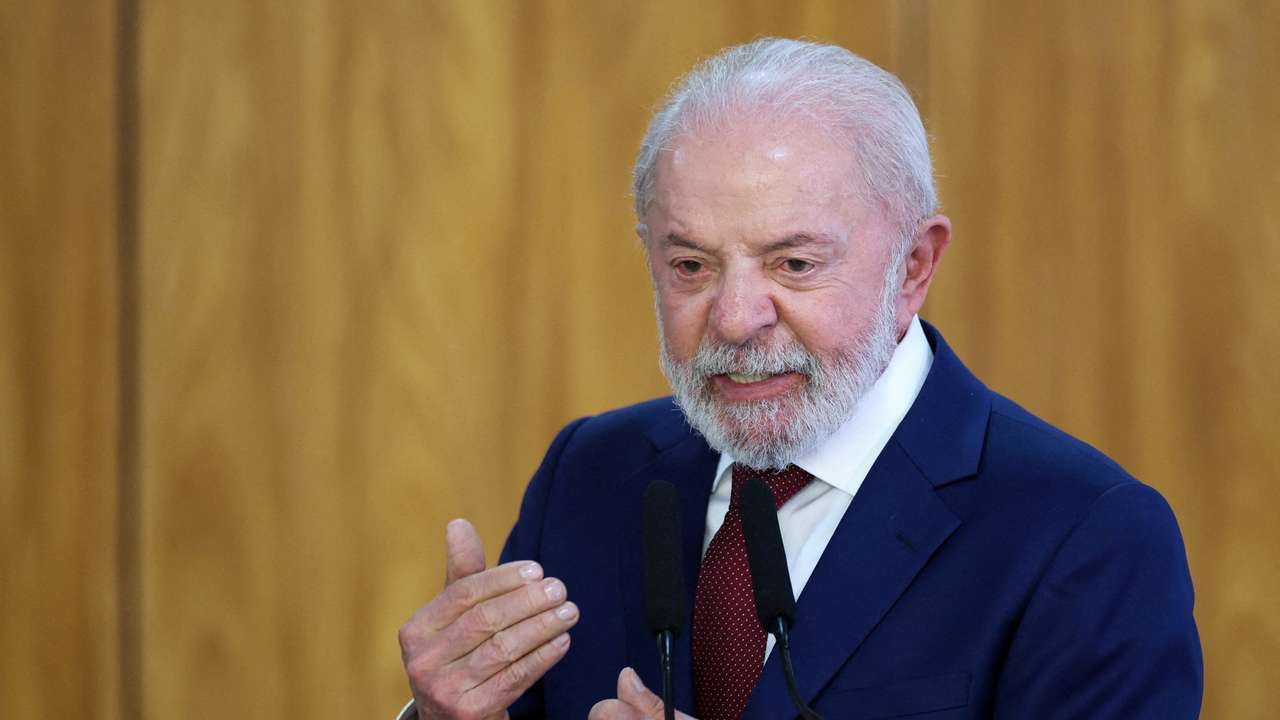Brazil Roundup: U.S. military presence, population crisis, fake news law

Family farming
Brazil’s Minister of Agrarian Development, Paulo Teixeira, announced after a meeting with Chinese Ambassador Zhu Qingqiao that Brazil is exploring new agricultural partnerships with China. Teixeira said cooperation will focus on boosting family farming and improving rural livelihoods. Analysts see this as part of a wider effort by Brazil to balance domestic agricultural policy with China’s rising demand for diversified food imports. For Brazil, family farming is central to both food security and rural employment, while for China, the arrangement offers diversification in its food imports and a chance to strengthen supply chains with Latin America.
Brazil rejects U.S. military presence in region
Presidents Luiz Inácio Lula da Silva and Gustavo Petro issued a joint statement opposing foreign intervention after U.S. warships were deployed off South America’s northern coast. Both leaders stressed sovereignty and non-interference, signalling growing regional pushback against Washington’s military footprint in the hemisphere. The timing of the statement comes amid heightened geopolitical competition, as Washington seeks to strengthen its military footprint in response to perceived threats, while Latin American leaders are increasingly asserting independence from U.S. security policy. Analysts suggest this marks a shift in regional dynamics, with Brazil and Colombia emerging as key voices in pushing back against external influence.
Population crisis
Brazil is approaching a demographic tipping point as its birth rate continues to fall while the population ages rapidly. Economists warn that this shift threatens future economic growth, labour supply, and pension sustainability. With fertility rates already below replacement level, Brazil is confronting challenges that many advanced economies like Japan and Germany are struggling with, but at an earlier stage of its development. Experts caution that without policy reforms, including incentives for families, workforce modernisation, and pension restructuring, the demographic shift could deepen inequality and undermine Brazil’s progress in poverty reduction.
Fake news law
Former President Jair Bolsonaro reportedly held undisclosed talks with Facebook executives about Brazil’s proposed “fake news bill.” Critics argue the meeting reveals how big tech and political leaders collaborated behind closed doors to soften regulations on online misinformation. The revelations add a new layer to Brazil’s debate over digital governance. According to investigative reports, Bolsonaro’s discussions with Facebook highlighted attempts to influence the drafting of the legislation behind closed doors. Critics argue that the secrecy undermines transparency and accountability, while supporters of regulation insist that unchecked disinformation continues to threaten Brazilian democracy. The disclosures could reignite debate over digital governance and the power of big tech in shaping national policy.
New federal police centre
The Brazilian government has launched a Federal Police hub in Manaus aimed at tackling illegal mining, deforestation, and wildlife trafficking. The centre, funded with $6.6 million from the Amazon Fund, will coordinate international cooperation to combat environmental crime networks operating in the rainforest. By bolstering law enforcement presence in the heart of the rainforest, authorities hope to deter illegal activity while sending a signal to both domestic and foreign actors that environmental protection is now a top national priority.
This story is written and edited by the Global South World team, you can contact us here.